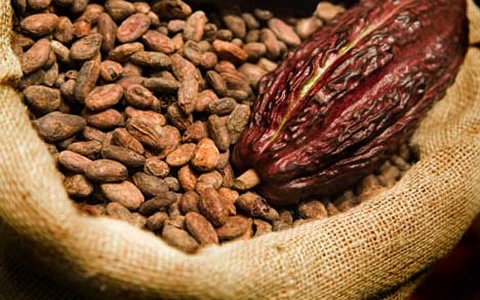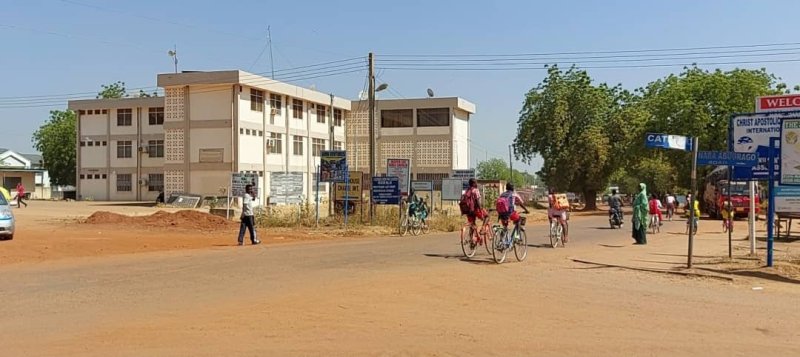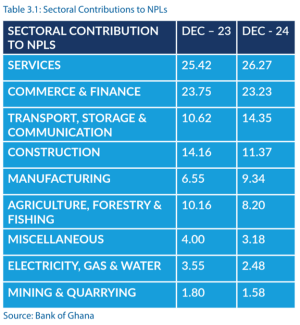
The provision of raw materials to local rubber processing factories is widely regarded as an ideal strategy to boost domestic value addition, create jobs, and strengthen Ghana’s economy.
However, industry stakeholders warn that this process should not benefit private factory investors at the expense of other critical actors, particularly traders and farmers whose roles are essential to sustaining the supply chain.
Currently, most rubber processing factories in Ghana operate without dedicated plantations or rely on small-scale plantations that are unable to supply even one-third of their installed processing capacity. As a result, these factories depend heavily on farmers’ direct supply or bulk purchases from traders and aggregators.
Changing farm dynamics and trader influence
A major shift in the industry is the growing influence of traders and aggregators in rubber production. Many plantations are now indirectly managed by traders who provide farm inputs, tapping services, transport from farm gates, interest-free loans, and sometimes outright farm rentals as original owners abandon their farms. This support keeps production flowing, but it also places traders at the heart of the supply chain.
However, traders allege that some local processors are deliberately creating obstacles to eliminate middlemen, aiming to purchase rubber directly from farmers at cheaper rates. Industry observers fear such practices could destabilize the market and negatively impact rural livelihoods.
Key challenges facing traders
Traders complain about the absence of dedicated pricing for bulk suppliers, alleging that Ghana Rubber Estates Limited a rubber processing factory in the Western and Central Regions for instance, has resisted calls to offer a trader price higher than farmer prices despite traders incurring extra costs such as transportation, handling losses, loading, and operational overheads.
Unprofitable margins
Other local processors that do offer trader prices often fail to set rates that cover essential cost components. This makes the business of supplying rubber to local processors commercially unviable.
Payment delays
Delayed payments by smaller processors remain a significant concern. Traders argue that the profitability of rubber trading depends on frequent turnover within a month. Payment delays ranging from a week to over a month undermine cash flow and increase business risks.
Limited processing capacity
Many factories lack the capacity to absorb continuous monthly supply. During shipping delays, when traders divert rubber to local factories, processing plants reach capacity in less than two weeks. This often leads to abrupt supply cut-offs or price reductions, further complicating trade.
Regulatory response and future outlook
The Tree Crop Development Authority (TCDA) is reportedly working on licensing and regulatory measures to protect all actors in the rubber industry, including traders and farmers.
Stakeholders warn that any policy that abruptly eliminates traders and aggregators without addressing these structural issues could trigger severe disruptions. Factories are yet to demonstrate the capacity to manage farm-level production and logistics independently. Without traders, there is a real risk of farmers abandoning plantations, which could lead to the return of illegal mining activities on these lands.
Analysts caution that such an outcome would erode confidence in the rubber sector, derail TCDA’s mandate to increase production, and undermine rural economic stability.
The post Rubber tension: Why processing factories are struggling to secure supply appeared first on The Business & Financial Times.
Read Full Story


















Facebook
Twitter
Pinterest
Instagram
Google+
YouTube
LinkedIn
RSS